Chapter 10 - Composite Materials & Technical Textiles
1/39
Earn XP
Name | Mastery | Learn | Test | Matching | Spaced | Call with Kai |
|---|
No analytics yet
Send a link to your students to track their progress
40 Terms
What is a composite material?
A material made up of different materials which are combined to improve their properties.
What is the primary purpose of creating a composite material?
To improve the physical or mechanical properties of the constituent materials.
What are the three main categories of composite materials?
Fibre-based, particle-based, and sheet-based.
A _________ _________ is a mixture of two materials where one part is material in fibre strands made stronger with a resin.
fibre-based composite
A ________-________ _____________ is a mixture of two materials where small particles are made stronger with a liquid that sets.
particle-based composite
A ______-______ ___________ is a mixture of two materials where thin sheets of a material are made stronger with a resin.
sheet-based composite
What are the constituent materials of Glass-reinforced plastic (GRP)?
Glass fibres and resin.
What are two common uses for Glass-reinforced plastic (GRP)?
Boats and instrument cases.
What are the constituent materials of Carbon-reinforced plastic (CRP)?
Carbon fibre and resin.
List two common uses for Carbon-reinforced plastic (CRP).
Formula 1 car bodies and crash helmets.
What are the constituent materials of Glass-reinforced concrete (GRC)?
Glass fibre and concrete.
What is a common application for Glass-reinforced concrete (GRC)?
Street furniture and urban features.
What is resin?
A thermosetting or thermoforming polymer that acts as a glue to hold fibres together.
What are the constituent materials of concrete?
Cement, sand, and aggregate.
What are two common uses for concrete?
Buildings and street furniture.
What type of composite is concrete?
A particle-based composite.
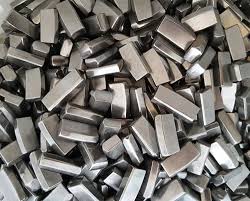
What are the constituent materials of Cermet?
Ceramic and metal
What is the primary use for the composite material Cermet?
Electronic components that need to operate under very hot temperatures.
What is aggregate?
Fragments of rock, stone, or small pebbles used to help reinforce concrete.
What are the constituent materials of Medium-density fibreboard (MDF)?
Wood pulp and resin.
What are common uses for Medium-density fibreboard (MDF)?
Furniture and interior cladding.
What are the constituent materials of plywood?
Wood veneers and resin.
What are common uses for plywood?
Furniture and construction.
What type of composite is plywood?
A sheet-based composite.
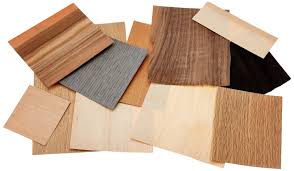
What is a veneer?
A thin decorative covering of fine wood applied to a coarser wood or other material.
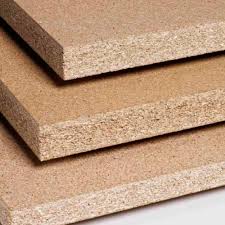
What are the constituent materials of chipboard?
Wood chip and resin.
What is a common use for chipboard?
Furniture panels and construction.
What is the main difficulty in recycling composite food packaging like TetraPak cartons?
It is very hard to separate the different layers of materials.
Modern textiles can be engineered to have numerous properties, such as additional _________ or resistance to ____, ______, and even dirt.
strength, fire, water
What was a major advance in textiles technology, involving a synthetic material that can be pulled into thin strands when heated?
The invention of nylon.
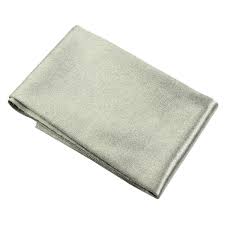
What is conductive fabric?
A textile material that allows a small electrical current to safely pass through it.
What is a common application for conductive fabric?
Touch-screen gloves.
What are fire-retardant fabrics?
Textiles that are more resistant to fire than others, through chemical treatment or manufactured fireproof fibres.
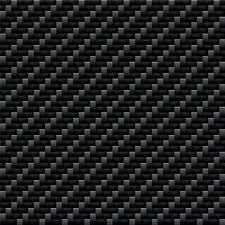
What technical textile is a tightly woven fabric with great impact resistance, used in bulletproof vests and racing tyres?
Kevlar
What are microfibres?
Very fine fibres of fabric that are thinner than human hair.
What properties can be achieved by coiling microfibres?
They can provide a very warm, soft, or absorbent material.
What is microencapsulation?
A process in which tiny particles or droplets are surrounded by a coating to make small capsules.
How are active agents, such as scents, released from textiles that use microencapsulation?
The microspheres rupture when rubbed, releasing the agent.
What is a potential benefit of using microencapsulation in sports clothing?
The gradual release of pleasant smells to cover body odours.
A material made by a chemical process, not naturally occurring, is known as a ___________ material.
synthetic